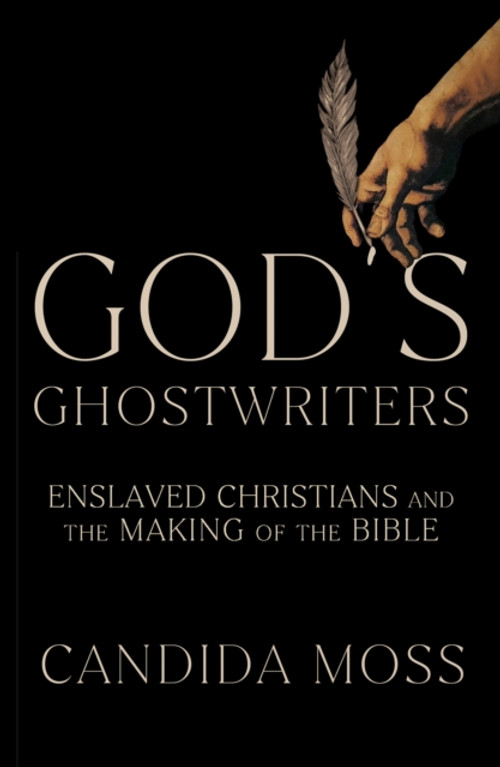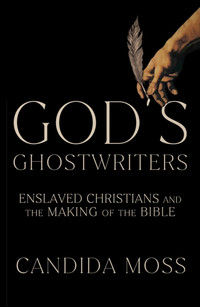
K prevádzke internetového kníhkupectva Artforum využívame cookies slúžiace na zabezpečenie a meranie funkčnosti, marketingové účely a zaistenie vášho maximálneho pohodlia a spokojnosti.
Cookies sú malé textové súbory s obmedzenou časovou platnosťou ukladáné vo vašom prehliadači. Umožňujú nám rozoznať vás, zabezpečiť nákup a identifikovať, čo vás napr. najviac zaujíma, čo vyhľadávate alebo či je pre vás všetko dostatočne pochopiteľné. Rovnako ich používame na marketingové účely, na zobrazenie reklamy a obsahu stránky, ktorý je tak pre vás relevantnejší. Pracujeme tiež s pixelmi – malými neviditeľnými obrázkami, ktoré zbierajú informácie o vašom prehliadači a zariadení.
Cookies nám pomáhajú zaistiť vaše maximálne pohodlie a spokojnosť pri nákupe.
Okrem týchto možností môžete využiť možnosti zabudované priamo do vášho prehliadača na zmazanie existujúcich alebo blokovanie nových cookies. Nezabudnite, že nastavenia prehliadača budete musieť upraviť na každom zariadení, kde budete prehliadať naše internetové kníhkupectvo. Ďalšie prehliadače.
Ak máte k tomuto cookies vyhláseniu akékoľvek otázky, dajte nám vedieť.
Toto prehlásenie bolo naposledy aktualizované 22.04.2023.

From an award-winning biblical scholar, the untold story of how enslaved people created, gave meaning to, and spread the word of the New Testament, shaping the very foundations of Christianity in ways both subtle and profound. For the past two thousand years, Christian tradition, scholarship, and pop culture has credited the authorship of the New Testament to a select group of men: Matthew, Mark, Luke, John, and Paul.
But the truth is that these individuals, who have been rewarded with sainthood for their work, did not write alone. In some meaningful ways they did not write at all. Hidden behind these named and sainted individuals are a cluster of enslaved coauthors and collaborators, almost all of whom go unnamed and uncredited. They were responsible for producing the earliest manuscripts of the New Testament. In fact, there was no aspect of textual production and circulation in which they did not play a part: they made the parchment and papyri on which Christian texts were written. They took dictation, removed grammatical infelicities, and polished and refined the final manuscripts. Those manuscripts were then duplicated and bound by bookmakers and booksellers who, recent research has shown, were also enslaved or formerly enslaved. When the Christian message began to move independently from the first apostles it was enslaved missionaries who undertook the dangerous and arduous journeys across the Mediterranean and along dusty Roman roads to move Christianity from Jerusalem and the Levant to Rome, Spain, North Africa, and Egypt. Finally, when these texts were read aloud to new audiences of curious potential converts, it was educated and trained enslaved workers who performed them?deciding whether a statement was sincere or sarcastic; a throwaway remark or something central to be emphasized. Their influence in the spread of Christianity and making of the Bible was enormous, yet their role has been almost entirely overlooked until now. Filled with profound ramifications revelations both for what it means to be a Christian and for how we read individual texts themselves, God’s Ghostwriters is a groundbreaking and rigorously researched book about how enslaved people shaped the Bible, and with it all of Christianity.

Aby ste mohli používať wishlist v našom internetovom kníhkupectve, musíte sa najprv prihlásiť. Ak u nás ešte nemáte vlastné konto, môžete si ho vytvoriť registráciou.
V prípade, že si neviete spomenúť na svoje heslo si ho môžete obnoviť zadaním svojej e-mailovej adresy, ktorú ste použili pri registrácii, kam Vám zašleme návod. V prípade ďalších problémov nás kontaktujte.
Pokračujte zadaním e-mailovej adresy pre obnovenie Vášho hesla| Tel.: |
+421 948 161 216 Zavolajte nám dnes od 9:00 |
| E-mail: | istore@artforum.sk |